Bathroom bills, fairness, compassion, and protection acts are all part of a broken cis-tem trying to erase trans and nonbinary youth
Do you remember 2017, when 15 states introduced legislation that proposed blatant discriminatory policies against transgender, nonbinary, and gender nonconforming people, making it illegal to use a restroom not in alignment with the sex they were assigned at birth? North Carolina passed the legislation, effectively criminalizing the visibility of transgender people in their state, and ushering in years of legal battles that would eventually deal with the bathroom issue, but not the civil protection issue. And here we are, four years later, and the visibility of transgender people is again threatened, this time under the guise of “fairness,” “compassion,” and “protection” acts taken up with state legislatures. Let us be clear. Transgender rights matter. Transgender visibility matters.
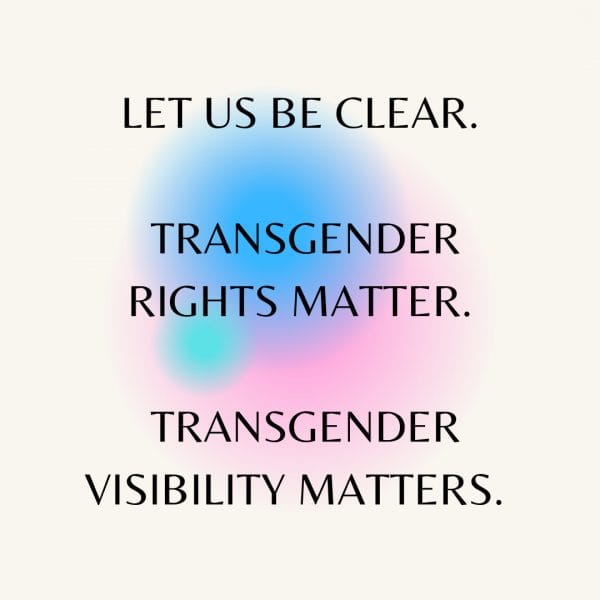
A Record Number of Bills—What Does This Mean?
A record number of bills targeting transgender people have been introduced in state legislatures across the country. One has already passed. The Mississippi Fairness Act would ban transgender girls and women from competing on girls’ and women’s sports teams in schools and universities. The bill, as it was introduced to Mississippi State legislatures, “celebrates” the “inherent differences” between men and women, equates high school athletics with Olympic competition, and states that legal action can be brought against those who violate the bill when it goes into effect July 1, 2021. Make no mistake, this “fairness” act is an effort to erase the visibility of transgender youth.
The language in the Idaho and Montana measures is strikingly similar—and interchangeable with wording found in proposed sports bans in Mississippi, Louisiana, Arizona, Kansas, and elsewhere. Unlike the bathroom bills of the previous decade, these new bills are likely to pass in meaningful numbers. They center on sports, women’s sports, which seem to evoke a preoccupation with fairness and protection—thus the naming of the bills. What’s overlooked is that the question of whether transgender girls and women have an inherent advantage over their cis competitors has already been answered: they don’t. Trans, nonbinary, and intersex girls and women have been competing (or allowed to compete should they qualify) in women’s sports for years without disparity, and arguments centering on hormones and innate physiology don’t stand up to scientific scrutiny. Nevermind that for children’s sports, the focus should be on teamwork and cooperation, not difference and exclusion. Lawmakers have been sold on the flawed premise that transgender rights and cisgender women’s rights are incompatible. The rhetoric contained in these bills is dangerous. It is harmful. It will lead to higher rates of depression, anxiety, and suicide for transgender, nonbinary, and gender nonconforming youth.
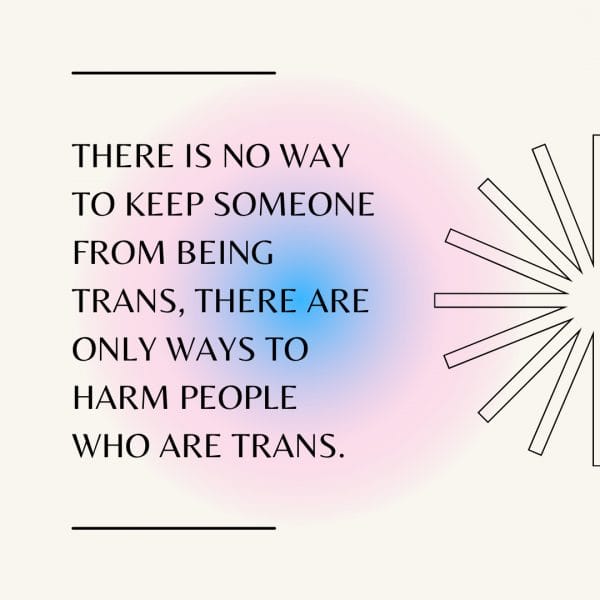
Mental Health and Transgender Visibility
According to a recent Gallup poll, 1.8% of Generation Z (those born 1997-2002) reported identifying as transgender in 2020—the highest percentage of any age group. These data affirm that more young people are claiming their visibility at an earlier age. This is a big deal, and we must do more to support young people. There is no way to keep someone from being trans, there are only ways to harm people who are trans. These bills target a young population, forcing trans kids to stop living their truth, denying their right to exist visibly, and endangering them if they do. These bills tacitly condone peer policing and violence. They protect no one. They are fair to no one. They show no compassion.
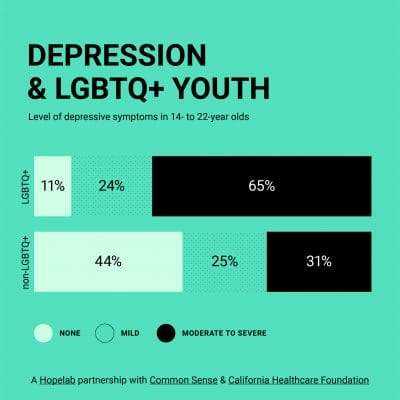 In research released this year from Hopelab, Common Sense, and the California Healthcare Foundation, we learned that many U.S. LGBTQ+ youth (ages 14-22) face serious and disproportionate mental health challenges. Sixty-five percent of LGBTQ+ youth report symptoms of moderate to severe depression, twice the percentage of their non-LGBTQ+ peers (31%), and 19% of LGBTQ+ youth surveyed are at risk of problematic substance use, compared with 8% of non-LGBTQ+ youth.
In research released this year from Hopelab, Common Sense, and the California Healthcare Foundation, we learned that many U.S. LGBTQ+ youth (ages 14-22) face serious and disproportionate mental health challenges. Sixty-five percent of LGBTQ+ youth report symptoms of moderate to severe depression, twice the percentage of their non-LGBTQ+ peers (31%), and 19% of LGBTQ+ youth surveyed are at risk of problematic substance use, compared with 8% of non-LGBTQ+ youth.
Many LGBTQ+ kids, especially transgender youth, are suffering—more likely to feel anxious, depressed, and suicidal—because of the stress and pain they feel from a society that questions their existence and often refuses to protect them. Even more damaging is when their own support networks, family, religious communities, teachers, and political leaders promote the very ideas that make them feel ashamed, erased, scared, and uncomfortable embracing their identity. The same national survey reported about 1 in 4 young people say they “often” (23%) encounter homophobic comments on social media and more than 40% of LGBTQ+ youth “often” encounter homophobic posts online.
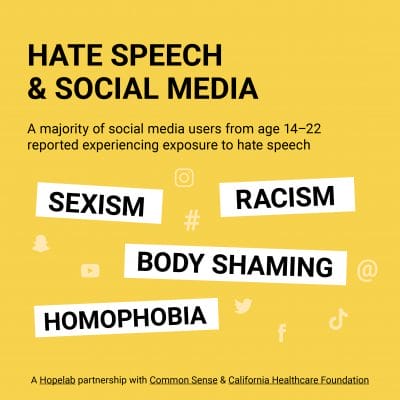
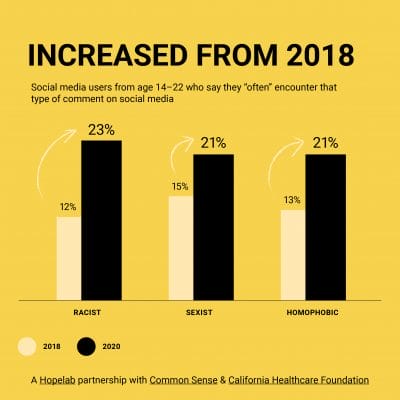

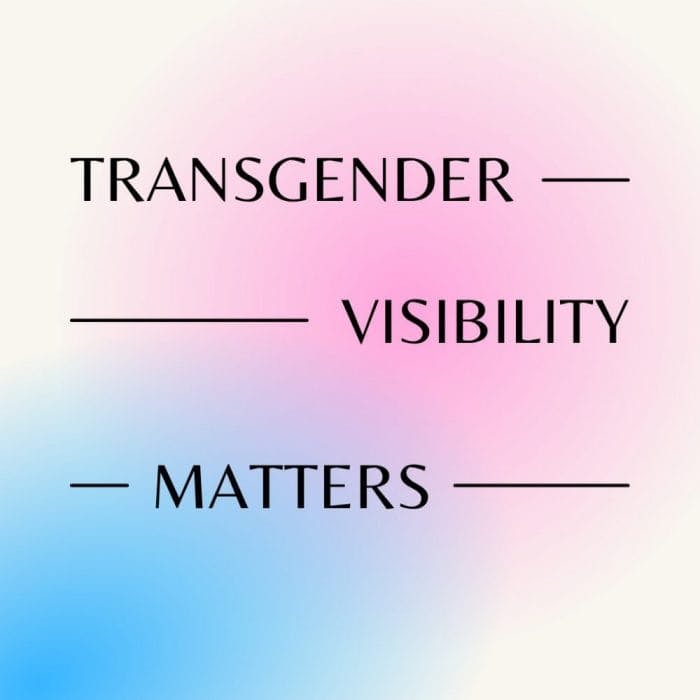
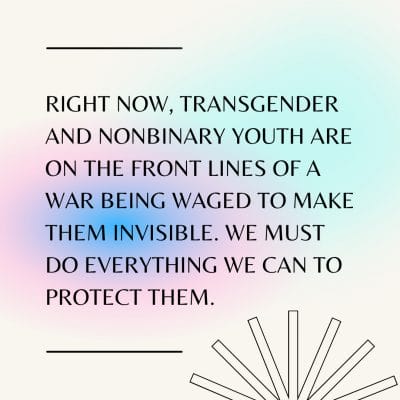 Right now,
Right now, 

